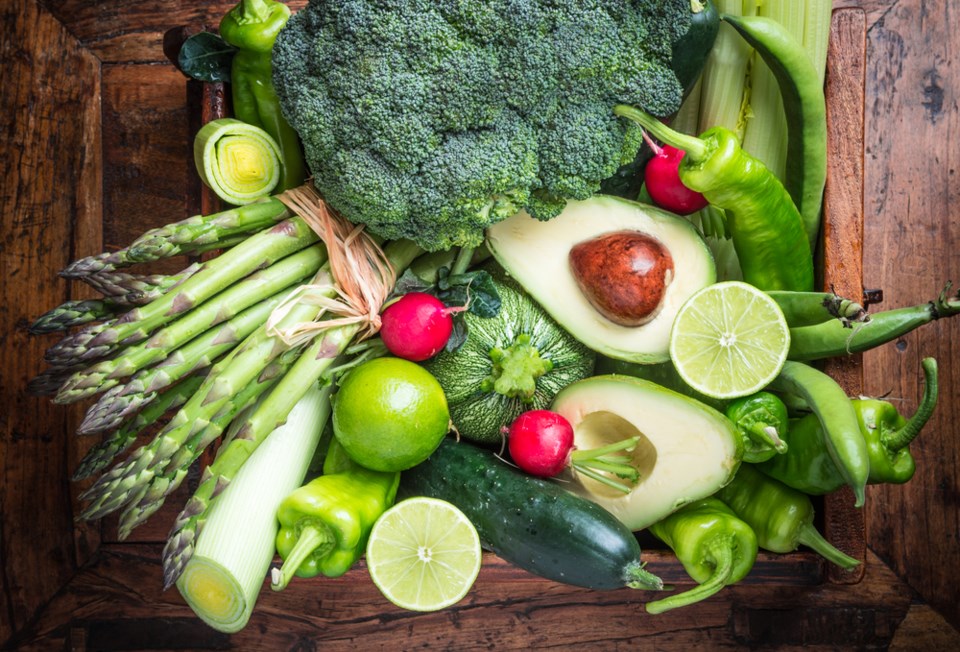Breast cancer affects one in eight women in the United States, with 20–25 percent of cases proving fatal. While heredity is a risk factor, you can take steps to reduce your chances developing it.
A diet containing specific foods with properties known to provide some protection against estrogen-sensitive cancers, as well as certain supplements can help.
“Diet, neutraceuticals and properly balanced hormones give women the lowest risk of breast cancer–and the best chance for surviving it,” said Dr. Gary Donovitz, an Ob-Gyn from the Institute for Hormonal Balance in Arlington, Texas, and the Founder and Medical Director of BioTE Medical, LLC.
These four foods are an important part of a diet focused on reducing breast cancer risk:
Cruciferous vegetables
Cruciferous vegetables, such as broccoli and cauliflower, are excellent for breast health. They contain the substance indole-3-carbinol, which has been found to have protective properties for estrogen-sensitive cancers. Glucosinolates, also found in cruciferous vegetables, can help eliminate carcinogens from the body before they cause damage to the cells.
Coffee
Coffee contains antioxidants that may help protect cells from damage that can lead to cancer. According to a study published in Breast Cancer Research, drinking coffee on a daily basis may lower the risk of an aggressive form of breast cancer.
Fiber
Fiber has been reported to help lower the risk of breast cancer in a study published by The American Journal of Clinical Nutrition. Researchers found that adding as little as 10 grams of fiber to the daily diet was shown to reduce breast cancer risk by up to 7 percent.
Sea vegetables
Sea vegetables contain trace minerals, such as iodine, which have been found to have a positive effect on breast health. They also have relatively high levels of calcium, which is thought to give seaweed a chemo-preventative effect when combined with its other components. And both brown and red seaweeds have been shown to inhibit cancer cell growth.
“Iodine is very protective to the breast in terms of breast cancer, but can be difficult to get in large enough quantities through diet alone. Diindolymethane (DIM) is also important because it increases the metabolism of estrogen through the 2-hydroxy estrone, which is also protective to the breast,” said Donovitz of supplements that reduce the risk of breast cancer.
Check your hormones
Donovitz also recommended women begin getting their hormones checked in their late 20s or early 30s, when testosterone levels typically begin to decline. He warned against hormone-replacement protocols that are based on estrogen and synthetic progestins which may increase the risk of breast cancer if testosterone is not taken into account.
Detox
To further decrease your risk of breast cancer, opt to decrease the toxic load on the body on a daily basis. Switch to hormone-free, free-range, organic meats and dairy whenever possible, reduce processed foods and eliminate or reduce the use of chemical pesticides and insecticides, opting instead for natural, chemical-free products.
You should always talk to your doctor before making any diet or lifestyle changes.




